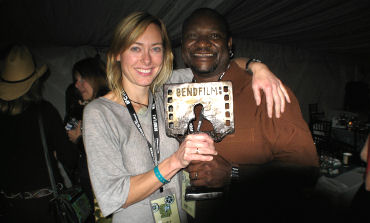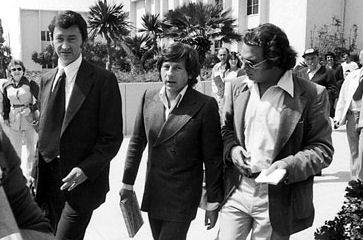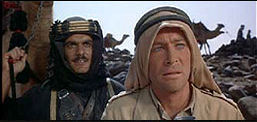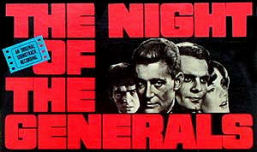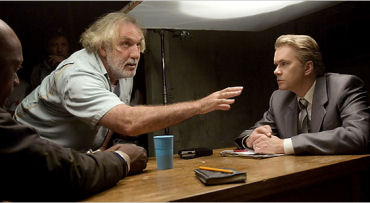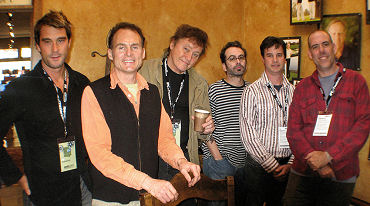Sometime in ’92, I wrote a piece for Empire magazine called “Reanimator,” about how emerging digital technologies will one day be able to bring back actors from the grave and put them in new movies in a highly believable fashion. One computer graphics guy I spoke to for the piece said this could be a reality within 15 or 20 years. And I remember how Army Archerd wrote something in his Variety column not long after that seemed to comment on the piece, and how he faintly pooh-poohed the possibilities.


Well, here we are 14 years later and a Santa Monica-based company called Image Metrics, according to a fairly thrilling article by N.Y. Times reporter Sharon Waxman, has just about gotten there.
The cyber duplications of human faces that Image Metrics has lately been composing “seem to possess something more subtle, more ineffable, something that seems to go beneath the skin,” writes Waxman. “And it’s more than a little bit creepy. And if you look at the video on the Times website that accompanies Waxman’s piece (which includes footage of Waxman herself being turned into Shrek), you’ll probably agree.
Image Metrics chairman Andy Wood says he likes to call the process “soul transference,” the key process being that “we can have one human being drive another human character…we can directly mimic the performance of a human being on a model.”
“You look and you wonder: Is it the eyes? Is it the wrinkles around the eyes? Or is it the tiny movements around the mouth?” Waxman asks. “Something. Whatever it is, it could usher in radical change in the making of entertainment. A tool to reinvigorate the movies. Or the path to a Franken-movie monster.”
At the very least, this technology will probably one day lead to a situation in which producers and studios will have a certain advantage over difficult or problematic actors, although I’m sure attorneys for actors worldwide are going to be scrambling henceforth to make sure their clients’ organic value will not be challenged or diminished in any way.
Refinements and improvements will inevitably kick in over the coming years, but Image Metrics is pretty much able right now to reconstitute any dead actor and recast him/her in a new movie opposite live actors. There are many other applications for Image Metrics technology besides bringing back the dead, but this has always held a special fascination for yours truly. Imagine a 33 year-old Cary Grant (i.e., the one who starred in The Awful Truth) starring opposite Rachel McAdams in a new comedy. Or James Dean back from the dead in a new drama directed by Chris Nolan.
“We could put Marilyn Monroe alongside Jack Nicholson, or Jack Black, or Jack White,” Wood reiterates. “If we want John Wayne to act alongside Angelina Jolie, we can do that.”
